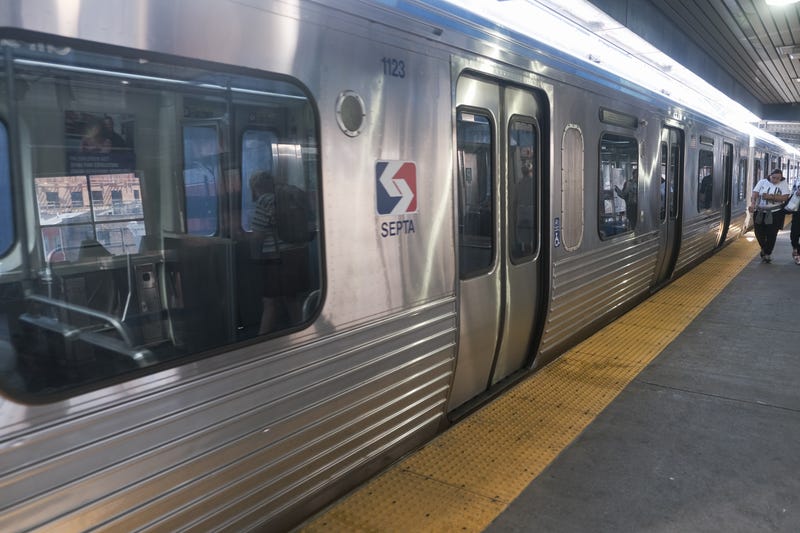
HARRISBURG, Pa. (KYW Newsradio) — Much-needed state funding for SEPTA and other mass transit across Pennsylvania is one step closer to the governor’s desk. The state House passed a plan that shifts more revenue to public transportation and takes steps for comprehensive transportation funding reform.
A similar bill passed the state House late last session but ran out of time in the Senate.
The legislation wouldn’t raise the state sales tax but would increase the percentage of collected sales tax that goes to mass transit by about $300 million.
The bill, from Philadelphia-based Democrat and House Transportation Chair Rep. Ed Nielsen, would also create a bipartisan advisory commission to come up with a funding plan that addresses needs across the state.
“We need a comprehensive, long-term, bipartisan solution to transportation funding in Pennsylvania. We're already seeing the consequences of our failures to act with cut services, fare increases and collapsing bridges across the commonwealth,” he said.
The bill was amended on the House floor to also direct more money to roads and bridges. Nielsen indicated it would lay the groundwork for a long-term transportation funding plan.
“A bipartisan commission will be asked to develop a comprehensive proposal to address Pennsylvania's transportation needs all across the commonwealth,” he said, adding the state Legislature hasn’t passed a major transportation package since 2013.
“The commission will put together a list of potential revenue sources for the General Assembly to consider. It will also put together a list of potential cost savings, including … private, public partnerships, and other opportunities to partner with the private sector, to make our system work.”
At Croydon Station in Bucks County on Tuesday, along the Trenton Regional Rail Line, Lt. Gov. Austin Davis stressed that funding SEPTA impacts riders beyond Philadelphia.
“This isn’t about rural Pennsylvania versus urban Pennsylvania. There is public transit in all of Pennsylvania’s 67 counties,” he said, noting 1 million Pennsylvanians ride a form of public transportation every day in the state.
“Severe cuts to transit is bad for people and it’s bad for business in Pennsylvania,” he added. “Public transit isn’t optional. It’s essential.”
Davis has criss-crossed the state over the last few weeks promoting public transit ahead of final budget talks and votes in Harrisburg. As for potentially making a deal with Senate Republicans, Davis said compromise is always possible, but mass transit is the highest priority for the Shapiro administration.
The bill passed the House 107-96 and now heads to the state Senate. House Republicans who opposed the plan call it a shell game, saying while it may not raise taxes, it also doesn’t specifically account for the funds that would be shifted to mass transit from other programs.
